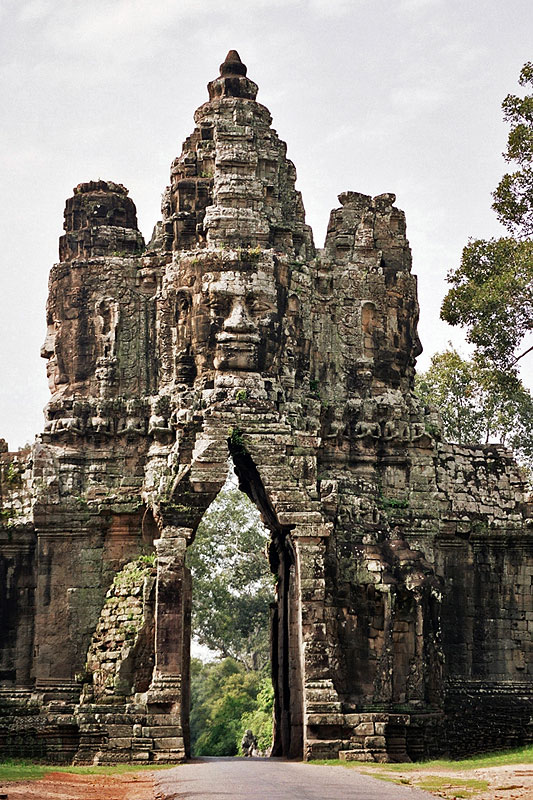|
Angkor Wat Marathon
The Angkor Wat Marathons are the annual marathons held in Angkor, Cambodia. There are two marathons from Angkor recognised by the Association of International Marathons and Road Races namely Angkor Wat International Half Marathon and Angkor Empire Marathon. Angkor Wat International Half marathon has been held annually since 1996. Angkor Empire Marathon is the first full marathon from Cambodia held since 2014. The event is organized by National Olympic Committee of Cambodia (NOCC). According to its official website, the purpose of the event is to "support a ban on the manufacture and inhumane use of antipersonnel mines". Angkor Wat International Half Marathon The Angkor Wat International Half Marathon was first organized in 1996 by Yuko Arimori, the first Japanese woman to win a marathon medal in the Olympics. The motto of the marathon is "Building a better future. Aid for the children and disabled in Cambodia". It is organized by National Olympic Committee of Cambodia, Associatio ... [...More Info...] [...Related Items...] OR: [Wikipedia] [Google] [Baidu] |
Angkor
Angkor ( km, អង្គរ , 'Capital city'), also known as Yasodharapura ( km, យសោធរបុរៈ; sa, यशोधरपुर),Headly, Robert K.; Chhor, Kylin; Lim, Lam Kheng; Kheang, Lim Hak; Chun, Chen. 1977. ''Cambodian-English Dictionary''. Bureau of Special Research in Modern Languages. The Catholic University of America Press. Washington, D.C. Chuon Nath Khmer Dictionary (1966, Buddhist Institute, Phnom Penh). was the capital city of the Khmer Empire. The city and empire flourished from approximately the 9th to the 15th centuries. The city houses the Angkor Wat, one of Cambodia's most popular tourist attractions. The name ''Angkor'' is derived from ''nokor'' (), a Khmer word meaning "kingdom" which in turn derived from Sanskrit ''nagara'' (), meaning "city". The Angkorian period began in AD 802, when the Khmer Hindu monarch Jayavarman II declared himself a "universal monarch" and "god-king", and lasted until the late 14th century, first falling under ... [...More Info...] [...Related Items...] OR: [Wikipedia] [Google] [Baidu] |

